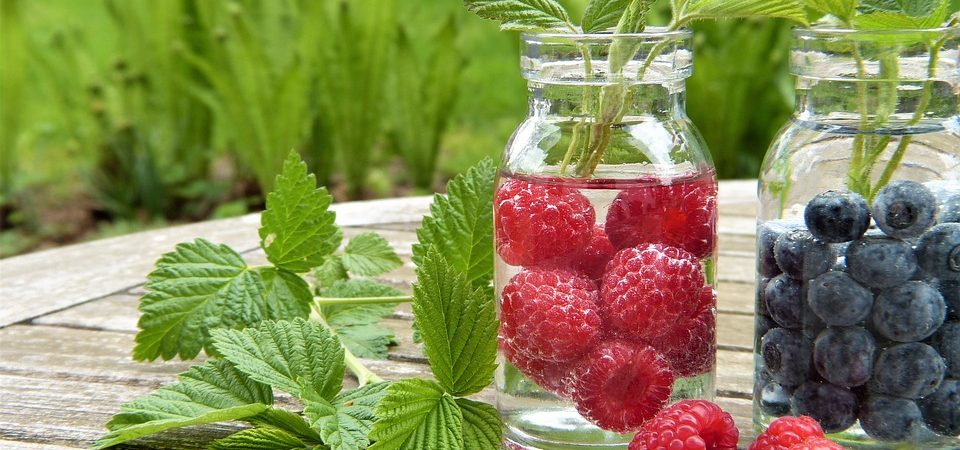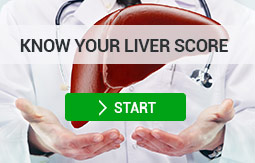Liver-healthy and hydrated?
Over half of our bodies are made up of water. Because water plays a vital role in ensuring our bodies are functioning at their best, staying hydrated is key to supporting proper liver function. The liver is especially affected when the body is dehydrated. In this article, we look at why it is important to stay hydrated, what this means for your liver and tips to make sure you are getting enough H2O.
What’s in this article
- Why is staying hydrated important?
- Staying hydrated and liver health
- Tips for staying hydrated
Why is staying hydrated important?
The average adult human body is made up of 50-65% water, drinking enough water each day is not only essential for a healthy liver but keeps your entire body functioning at its best. According to a study by the Centers for Disease Control and Prevention, forty-three percent of adults drink less than four cups of water a day. That includes 36% who drink one to three cups, and 7 percent who drink none. Dr. Alyson Goodman, a CDC epidemiologist and lead author of the study says, “Although the CDC does not say how much water is “enough,” because our needs vary, less than four 8-ounce cups usually falls short”.
Water is vital for nutrient transport throughout your body, if you don’t consume enough water, you risk dehydration. This can lead to serious health risks, including reduced liver function.
Staying hydrated and liver health
Water helps to dissolve fats and soluble fiber. Drinking enough water prevents constipation and reduces the burden on the kidneys and liver by helping to flush waste from the body. Water thins the blood and is mostly responsible for the fluid content of blood. Staying hydrated makes the blood thinner, ultimately making it easier for the liver to filter. The liver also filters possibly harmful substances from your body, when dehydrated your liver becomes less efficient in filtering out toxins such as alcohol, leaving you more susceptible to poisoning. Drinking enough water also aids in maintaining a healthy weight which helps to reduce the risk of developing or worsening fatty liver disease.
When drinking a glass of water upon awakening, before meals, before and after physical activity and before going to sleep, your water consumption timing will provide your liver with the best hydration.
Tips for staying hydrated
Tip – If you struggle to drink plain water try infusing it with lemon or a selection of fruits to add flavor. You could even try a home carbonation system especially if you have trouble giving up soda or sugary carbonated drinks.
Tip – Filtered water often tastes better than the water that comes from the tap. Invest in a filter system at home or for your portable bottle.
Tip – Add fruits and vegetables that contain a high-water content to your diet. These include; cucumber (96% water), zucchini (95% water), watermelon (92% water), and grapefruit (91% water).
Tip – There are several apps that track your water consumption throughout the day and remind you to drink. If you like to kick it old school you can also purchase bottles that have hours marked on them to ensure you are reaching your goals.
Find out about the nutrition bar that 98% of liver health experts would recommend!
References
www.self.com
www.livestrong.com
www.liverguru.com
www.articles.chicagotribune.com

 (442) 244-5115
(442) 244-5115















